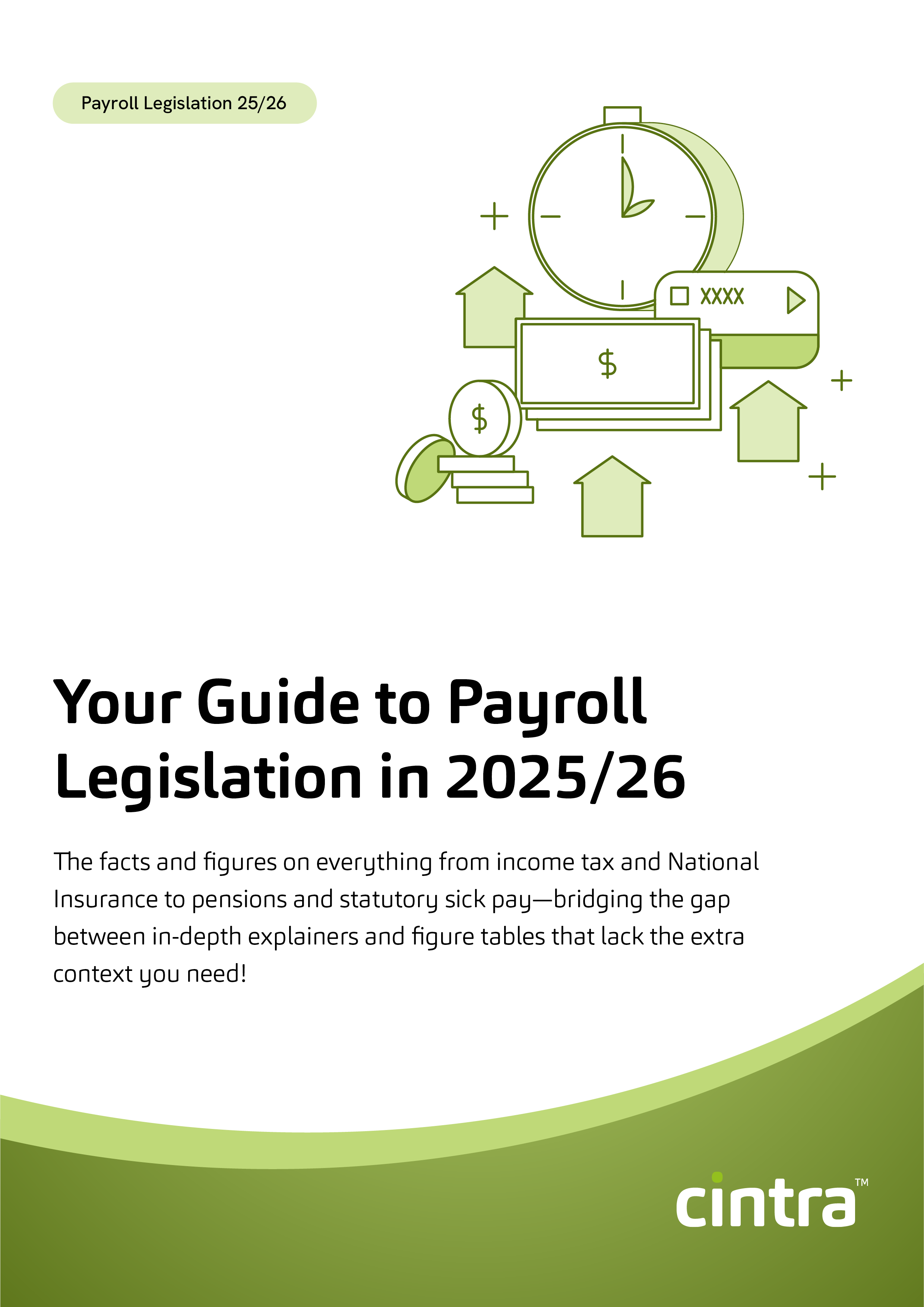When it comes to calculating part-month salaries in the UK, there’s a variety of methods for prorating pay. However, it’s crucial for consistency that you adhere to a single calculation method across all employees.
In this step-by-step guide, we’ll focus on one specific (and easy) calculation method to ensure clarity and consistency in pay adjustments for new hires, terminations, or employees on unpaid leave.
Step 1: Determine your employee's monthly salary
First, you need to work out your employee’s gross monthly salary. You will be able to find this in their employment contract.
For example, if your employee’s annual salary is £36,000, their monthly salary would be:
£36,000/12 = £3,000
Step 2: Identify the number of working days in the month
Next, identify the total number of working days in the month. In the UK, weekends are generally non-working days. This may vary depending on the industry and specific employment contracts.
For example, if you’re calculating salary for June, which has 30 days and starts on a Saturday, there are 20 working days (assuming a standard Monday to Friday workweek).
Step 3: Determine the number of days your employee worked
Count the actual number of working days your employee worked during the month.
If for example, they started on the 10th of June, you’d count the working days from the 10th to the end of the month. In this scenario, your employee would have worked 15 days in June.
Step 4: Calculate your employee’s daily rate
To find the daily rate, divide the monthly salary by the number of working days in that particular month.
For example, with a monthly salary of £3,000 and 20 working days in June, the daily rate would be:
£3,000/20 = £150
Step 5: How to calculate the part-month salary
Finally, you need to multiply the daily rate by the number of days worked.
Continuing with our example, if your employee worked 15 days in June, their part-month salary would be:
£150×15 = £2,250
Additional considerations when calculating part-month salary in the UK
1. Holiday pay and unpaid leave:
If your employee has taken any paid holidays, these should be included in the number of days worked. Conversely, any unpaid leave should be excluded.
2. Pro-rata benefits:
If your employee is entitled to any benefits that are paid on a pro-rata basis, such as a monthly allowance or bonus, make sure these are also adjusted according to the number of days worked.
3. Statutory deductions:
Remember to apply statutory deductions such as National Insurance and income tax based on the part-month salary.
4. Leap years and varying month lengths:
You need to take into account the varying lengths of different months (28-31 days) and leap years when calculating working days. For February in a leap year, there are typically 20 or 21 working days depending on how weekends fall.
5. Departing employees:
If your employee is leaving partway through the month, their salary should be calculated up until their last working day. Any accrued but unused holiday entitlement should be accounted for in their final pay.
FAQS
What happens if you decide to promote an employee in the middle of a pay period?
Imagine you’ve got a great employee you’re eager to promote. If that promotion happens midway through a pay period and comes with a salary bump, you might need to pay the new salary on a pro-rata basis. This means your employee would get their old rate for the days already worked and the new rate for the rest of the pay period.
It’s also worth noting that there are other payment options available depending on your company policies and agreements with your employees.
Precise payroll for any work schedule
Are you ready to streamline your payroll processes and ensure accurate salary calculations for your employees? Book a demo with us today and discover how our comprehensive HR and payroll solutions can benefit your business!


